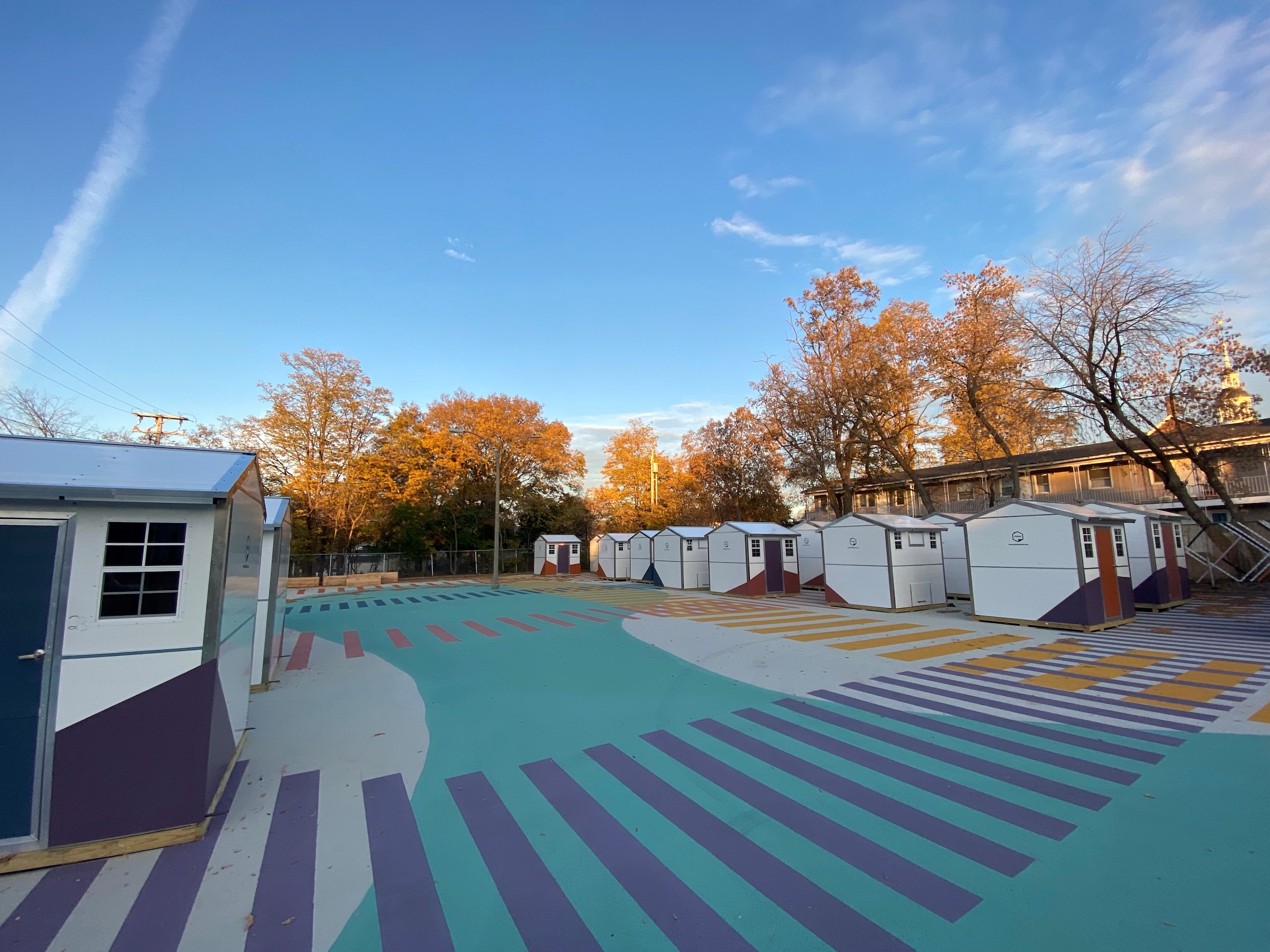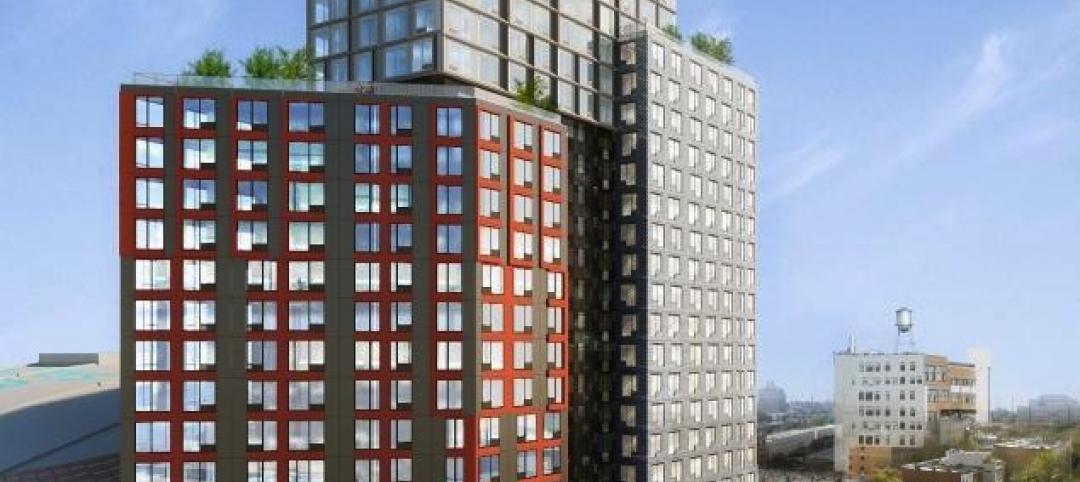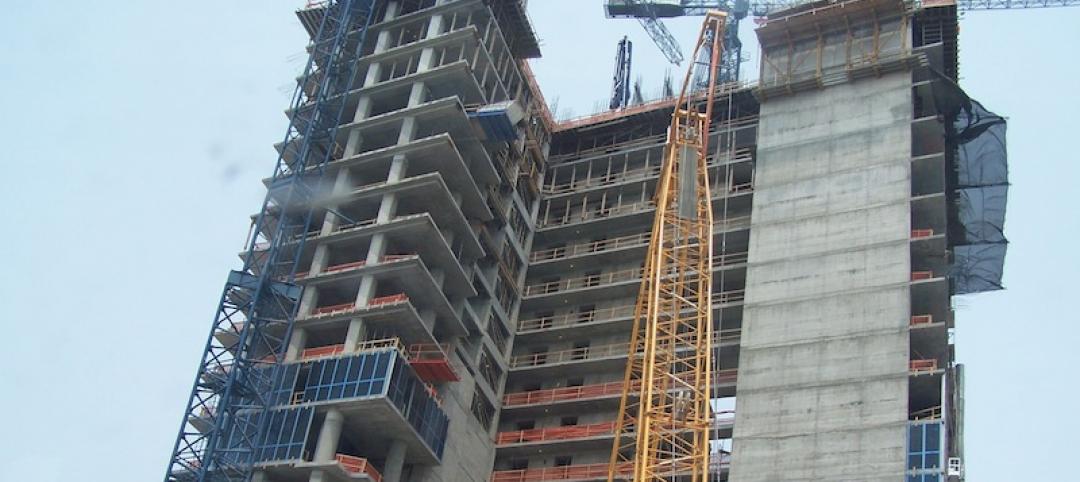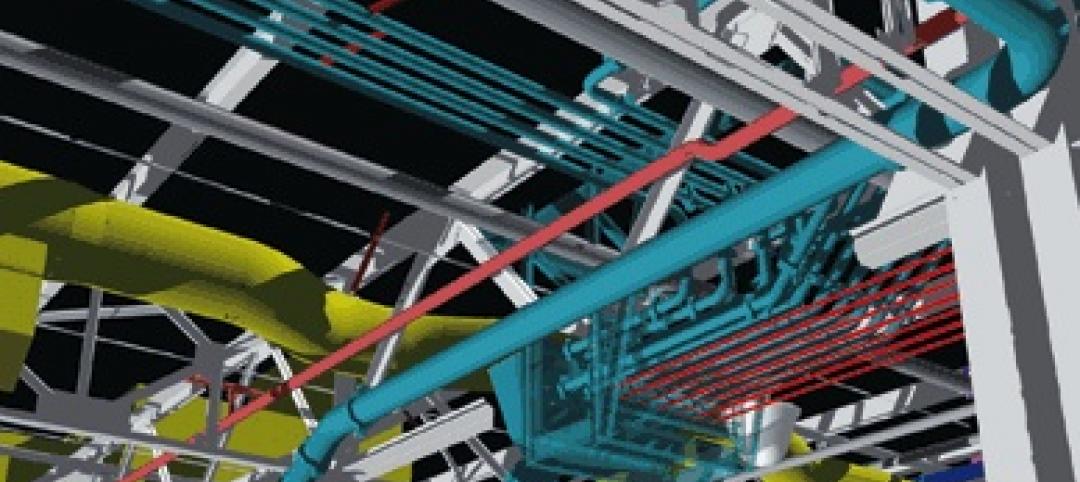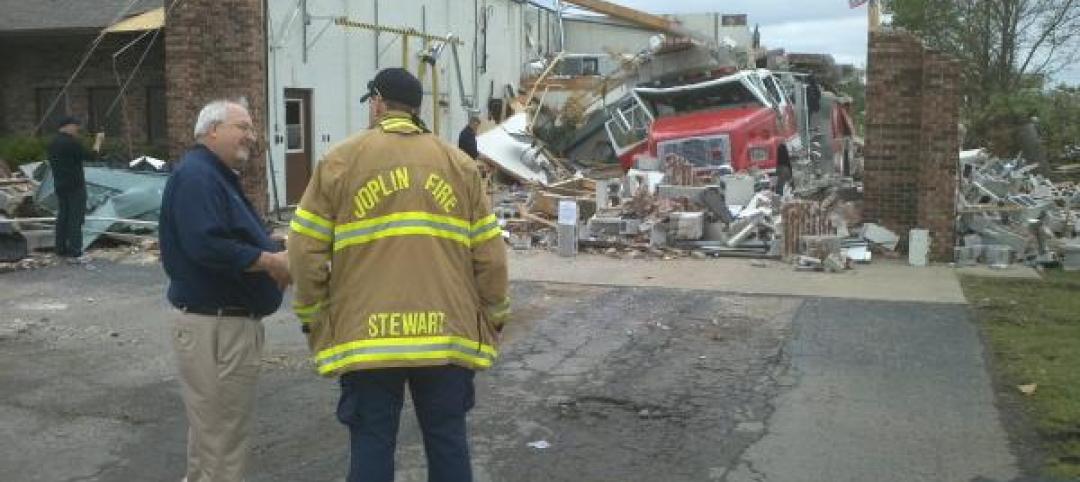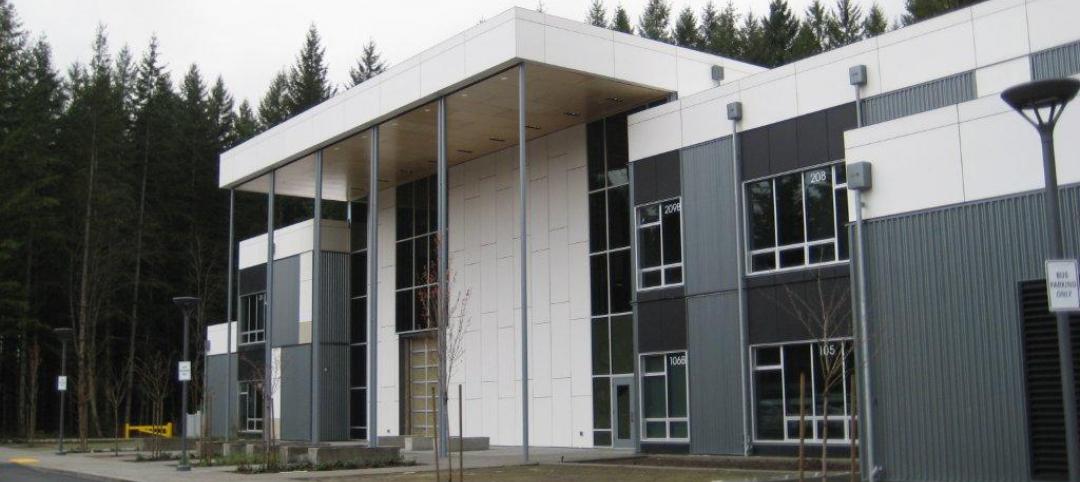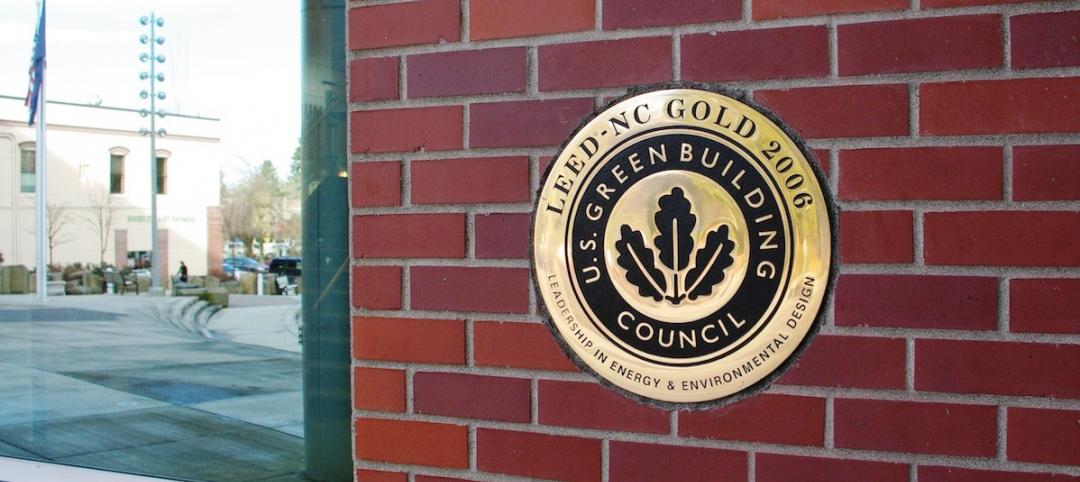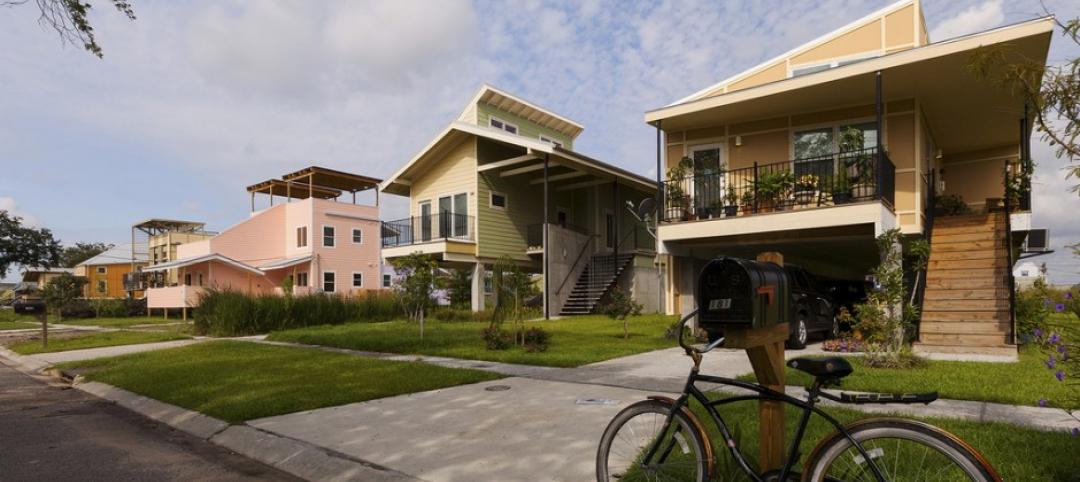More than a half-million Americans are homeless, according to estimates by the World Population Review, which cites the lack of affordable housing among the main causes.
Some advocates for the unhoused contend that this estimate vastly undercounts the actual number. Even in Vermont, with one of the lowest homeless rates in the nation, the problem is escalating. In Burlington, its largest city, the number of homeless went from 261 in 2020 to 700 in 2021, and has stayed elevated, according to the city’s estimates. One in 10 of Burlington’s homeless population is subsisting on the streets.
In December 2021, Burlington’s Mayor Miro Weinberger issued a five-year, 10-point action plan to address his city’s homeless crisis. Among those points was a call to build 30 shelter pods and related infrastructure. Two months later, the city council allocated $1.5 million in American Rescue Plan Act money to pay for the pods, plus additional funding for a community resource center.
In January 2023, Burlington’s Emergency Shelter Community, located on what once was a 0.55-acre municipal parking lot, was preparing to open. The community consists of 25 64-sf shelter pods produced and assembled by Pallet Inc. of Everett, Wash. Five more shelters are provided by a local manufacturer, Up End This, which developed its pods in coordination with the city.
Each “sleeping cabin,” which accommodates one or two people, includes a locking door, fold-up bunk, shelving, lighting, and heating. The shelters provided by Up End This include a desk and chair, and air conditioning. (While it’s not part of the Burlington project, Pallet also makes a 100-sf model that can accommodate up to four unhoused or displaced people.)
Burlington’s shelter village is supported by community spaces supplied by KBS Builders, a Maine-based modular builder. One building contains six full bathrooms, and the other offices, a kitchen, laundry, a gathering/eating area, and space for services. Samantha Dunn, the city’s Community Works Assistant Director, tells BD+C that the two community buildings are designed to meet high-performance energy standards, thanks in part to a donation of a minotaur unit that provides heating, cooling, and ventilation in the bathrooms; and the addition of solar panels provided by Harvestar with funding from the Vermont Low Energy Trust for Electricity. The buildings will be net-energy positive.
The city paid Pallet $11,800 per shelter, which included a cold-weather upgrade, shipping, and assembly services. Pallet’s claim to fame is that it can assemble a shelter in less than one hour.
Pallet Inc.'s modular pods for the homeless
Founded in 2016, Pallet is an offshoot of the green construction company Square Peg Fabrication, also in Everett, and was started by Amy and Brady King. As a Public Benefit Corporation, Pallet uses its profits to expand the impact of its twofold mission: to end homelessness, and to help the homeless find employment with Pallet, which hires people who are engaged in recovery—more than half of its employees have experienced homelessness, substance abuse, or the criminal justice system.
Since its founding, Pallet has delivered 2,800 shelter pods in 16 states and 60-plus cities. In the last week of December 2022, it was scheduled to start its 100th project, a 40-plus-pod village in the state of Washington that Pallet would assemble in two days, says Katya Hill, Pallet’s Director of Marketing and Communication.
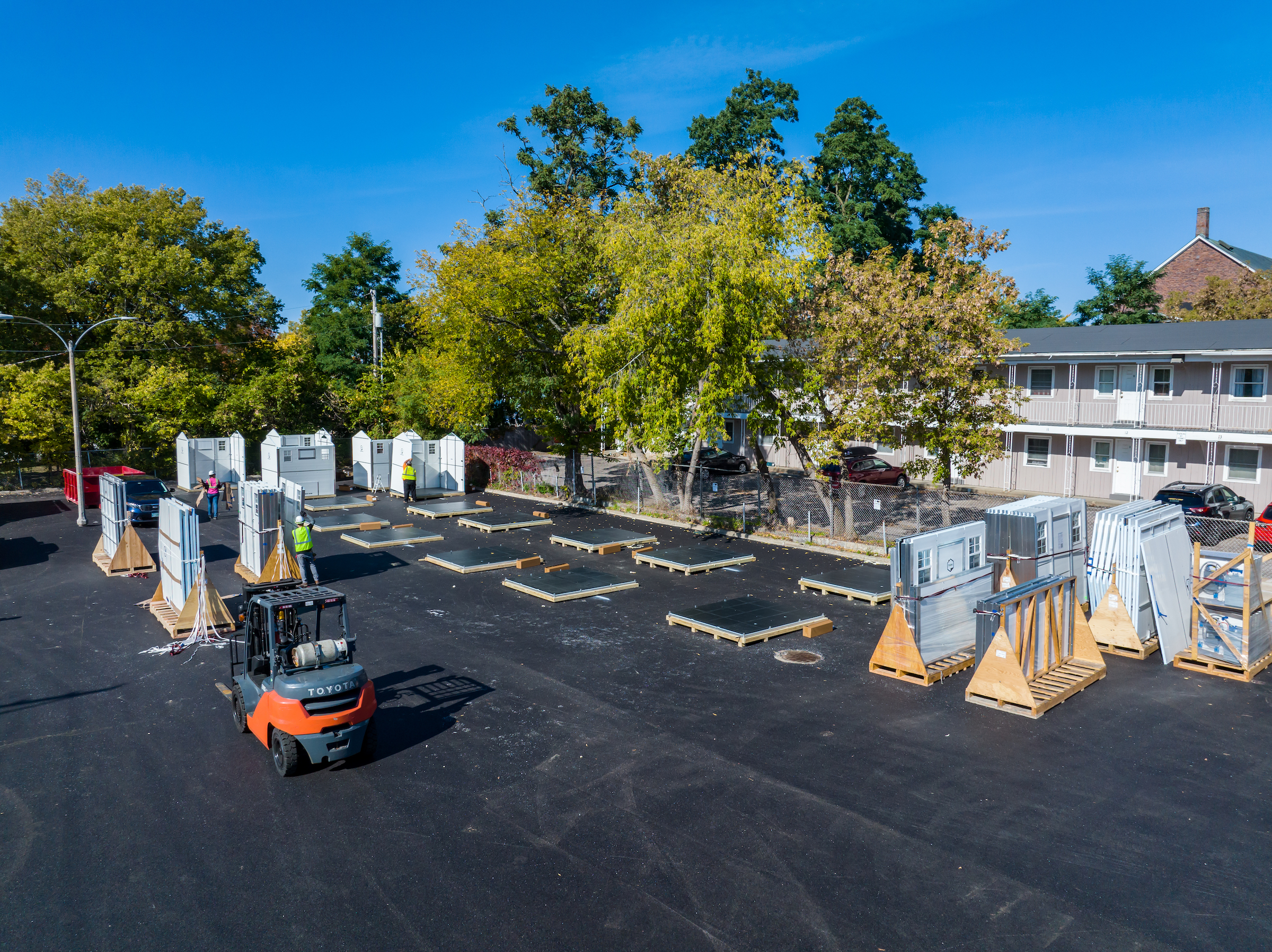
Hill tells BD+C that Pallet views homelessness as more of a social dilemma than a housing shortage problem. She also points out that Pallet is selling shelters, not homes. The shelters, she explains, “are part of a transition, a journey” that ideally leads to some semblance of economic, familial, and mental stability as steps toward permanent housing.
What Burlington is opening, says Dunn, is temporary emergency shelter, which will be operated by a team from Champlain Housing Trust. Per zoning requirements, guests can reside in a shelter for up to 180 days, with the option for a 60-day extension. As part of its action plan to combat homelessness, Burlington has executed memoranda of understanding with the Champlain Valley Office of Economic Opportunity’s CORA team, Turning Point Center of Chittenden County, Community Health Centers of Burlington, and Vermonters for Criminal Justice Reform for onsite services and support. The city continues to work with other nonprofits and faith-based groups to provide basic need items to shelter residents. And it has executed a contract with CVOEO for site-based navigation and service coordination.
Dunn says the city has designed and permitted this site to be in place for three years.
There are always displaced to be sheltered
This year, Pallet—which already enforces what HIll calls “dignity standards” that require its customers to purchase at least five shelters, and provide villages with lighting, security, and social services—will be promoting and pushing its “advisory services” to support the transition from shelters to permanent housing, including food, clothing, transportation, healthcare, and job placement.
Hill acknowledges that Pallet’s mission to end homelessness might sound “grandiose” to some. But she insists that Pallet’s founders would like nothing better than for their company to be put out of business because homelessness became a thing of the past.
That doesn’t mean, however, that the need for shelters would end. Hill points to the millions of people around the world who are displaced by natural disasters, war, and other unexpected events, and who need immediate and safe shelter, as well as medical, food and educational services, until their circumstances are mitigated. Bridging that gap with rapid-response solutions will continue to fuel Pallet’s purpose, says Hill.
Related Stories
| Jul 11, 2013
Lawsuit challenges modular apartment project in New York City
A plan to build pre-fab apartment buildings at Atlantic Yards in Brooklyn, N.Y., has been challenged by a lawsuit filed by the Plumbing Foundation in Manhattan Supreme Court.
| Jul 10, 2013
TED talk: Architect Michael Green on why we should build tomorrow's skyscrapers out of wood
In a newly posted TED talk, wood skyscraper expert Michael Green makes the case for building the next-generation of mid- and high-rise buildings out of wood.
| Jul 2, 2013
LEED v4 gets green light, will launch this fall
The U.S. Green Building Council membership has voted to adopt LEED v4, the next update to the world’s premier green building rating system.
| Jul 1, 2013
Report: Global construction market to reach $15 trillion by 2025
A new report released today forecasts the volume of construction output will grow by more than 70% to $15 trillion worldwide by 2025.
| Jun 28, 2013
Building owners cite BIM/VDC as 'most exciting trend' in facilities management, says Mortenson report
A recent survey of more than 60 building owners and facility management professionals by Mortenson Construction shows that BIM/VDC is top of mind among owner professionals.
| Jun 13, 2013
AIA partners with industry groups to launch $30,000 'Designing Recovery' design competition
The program will award a total of $30,000 to three winning designs, divided equally between three locations: Joplin, Mo., New Orleans, and New York.
| Jun 10, 2013
Lake Washington STEM school combines modular and site-built construction to meet ambitious schedule
When the Lake Washington School District outside Seattle needed a new high school built on an ambitious permitting and construction schedule of seven months, modular construction proved to be an ideal solution.
| Jun 5, 2013
USGBC: Free LEED certification for projects in new markets
In an effort to accelerate sustainable development around the world, the U.S. Green Building Council is offering free LEED certification to the first projects to certify in the 112 countries where LEED has yet to take root.
| Jun 3, 2013
Construction spending inches upward in April
The U.S. Census Bureau of the Department of Commerce announced today that construction spending during April 2013 was estimated at a seasonally adjusted annual rate of $860.8 billion, 0.4 percent above the revised March estimate of $857.7 billion.
| May 30, 2013
The Make It Right squabble: ‘How many trees did you plant today?’
A debate has been raging in the blogosphere over the last few months about an article in The New Republic, “If You Build It, They Might Not Come,” in which staff writer Lydia DePillis took Brad Pitt’s Make It Right Foundation to task for botching its effort to revitalize the Lower Ninth Ward of New Orleans.


